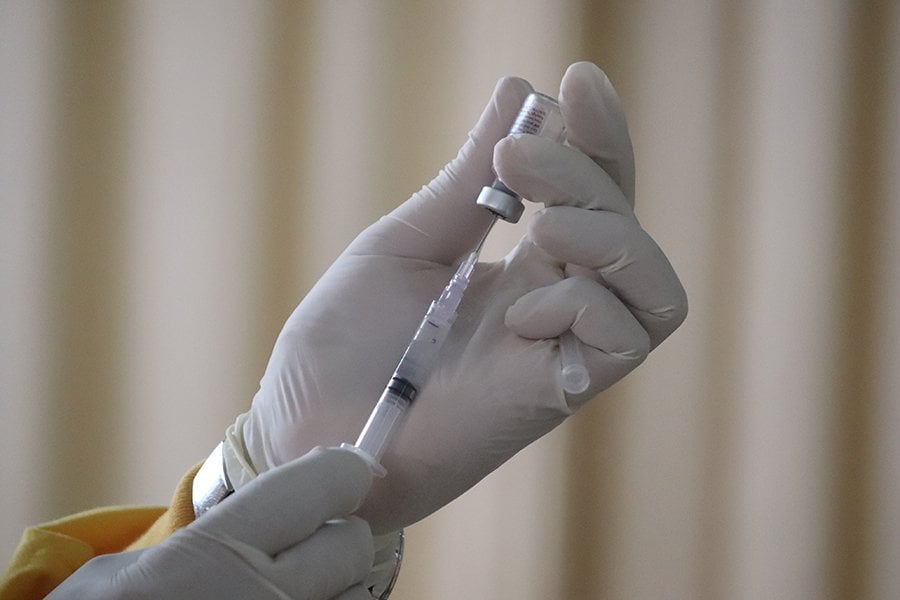
Eradicating tuberculosis
There are a lot of factors contributing to the difficulties in eradicating TB. Social determinants of health play a role, with risk factors that increase the likelihood of developing TB, including crowded living conditions, malnutrition, and HIV concentrated in lower-income and marginalized communities. Treatment is generally long and can involve substantial out-of-pocket costs for households, even if the treatment itself is provided for free. There is also no licensed vaccine effective for preventing disease in adolescents and adults, or for preventing disease in people who are already infected. When it comes to vaccines, adolescents and adults should be a primary target for new TB vaccines. The majority of disease and transmission is in adolescents and adults, and our modelling has shown that a vaccine that is effective at preventing disease in these age groups will have a more rapid and larger effect on the TB burden by 2050 compared to vaccinating younger ages. The impacts of vaccinating older age groups will also have benefits for young children, as transmission from adults to children would be reduced.
We need investments in TB that are similar to those made for COVID-19
Rapidly introducing a safe and effective vaccine into countries with a high burden of disease could have a huge impact on the burden of disease, and help to prevent millions of cases and deaths. Assuming a vaccine is available, key obstacles to roll out primarily include being able to reach adolescents and adults with vaccines, and determining the best way to introduce the vaccine in the population. These are questions we’re helping answer with our modelling work.
There needs to be more global attention and support for ending TB. TB is one of the leading infectious causes of deaths worldwide, but the majority of TB disease is in low-income and middle-income countries, and consequently is largely ignored by high-income settings. Vaccines could have a rapid impact and prevent millions of deaths over the next few decades. We’ve seen with the COVID-19 pandemic the impact that billions of dollars of investment can have, and so we need similar investments into research and development for TB.
Our postgraduate taught courses provide health practitioners, clinicians, policy-makers, scientists and recent graduates with a world-class qualification in public and global health.
If you are coming to LSHTM to study a distance learning programme (PG Cert, PG Dip, MSc or individual modules) starting in 2024, you may be eligible for a 5% discount on your tuition fees.
These fee reduction schemes are available for a limited time only.
